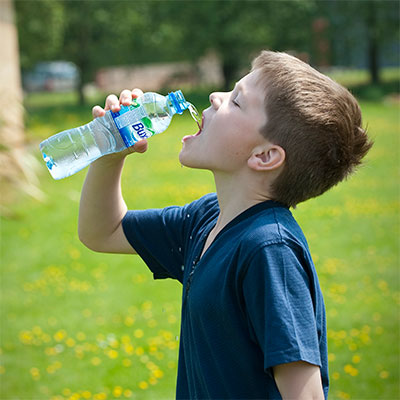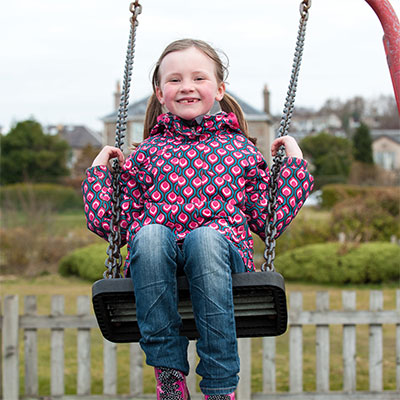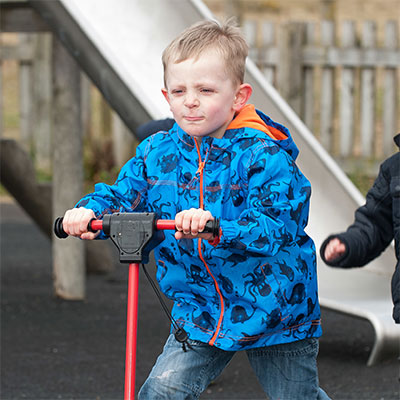- NHS Scotland Teenage Asthma Action Plan 2015 [.pdf, 41 KB]
- NHS Scotland Child Asthma Action Plan 2015 [.pdf, 40 KB]
- NHS Lothian Child Asthma Action Plan [.pdf]
The telephone number is: 111
DON’T STAY AT HOME IF YOUR PLAN TELLS YOU TO GET A MEDICAL REVIEW.
It is important to have an asthma action plan for your child as this will give you specific information about what to do if your child shows the early signs of an attack. You can then follow the plan and, if caught in the early stages, you can prevent it getting worse, prevent distress for you and your child and prevent the need for a hospital admission. It will also tell you what to do if they are not responding to the usual inhalers and when to call for help or an ambulance in an emergency.
Ask your child’s nurse about an asthma action plan. This can be either the practice nurse at your own GP surgery or their specialist nurse at hospital if you have one.

© Crown copyright 2009

© Crown copyright

© Crown copyright 2010

© Crown copyright

© Crown copyright

© Crown copyright